February 20, 2017
ANAB Accreditation and Forensic Reform in Mexico
A recent article in The Police Chief magazine, “Building a Quality Culture at the Mexican Forensic System,” examines efforts to reduce crime rates and violence in Mexico, and details how ANAB accreditation is part of the formula for change.
Beginning in 2008, the Merida Initiative created a partnership between Mexico and the United States to counter drug trafficking and organized crime, institutionalize human rights and rule-of-law reforms in Mexico, and strengthen the U.S.-Mexico border. The initiative aims to address issues resulting from the transnational nature of modern crime and is perceived as essential to the security of both nations.
Mexico adopted a new national law enforcement and criminal justice system in 2008, replacing a federal system and 32 individual state justice systems, with the intent of full implementation by June 2016. According to the article, “The reform regulates the recruitment, selection, training, and retention of law enforcement personnel by setting minimum training and quality requirement standards. Competencies are now being established, which require the professionalization of prosecutors, police officers, and forensic examiners.”
The article goes on to note that, “This mandated reform underlines the relevance of reliable forensic lab results in support of investigations, reconstructions, and reporting of facts within a legal process, as well as evidence collection, submission, examination, and admission at trial. In this context, forensic labs must prove their individual reliability and technical competence, and forensic experts must provide credible, factual expert testimony based on unbiased scientific analyses, reproducible in any other laboratory around the world.”
Forensic laboratories in Mexico have been forced to change attitudes and practices and create a strong culture of quality that is concerned not only with results but also with the quality, validity, and credibility of the processes followed to achieve the results.
Technical assistance and specialized training is being provided through the U.S. Department of State’s Bureau of International Narcotics and Law Enforcement Affairs (INL) and the U.S. Department of Justice’s International Criminal Investigative Training Assistance Program (ICITAP).
The ICITAP forensic assistance program works jointly with federal and state laboratories for accreditation (to ISO/IEC 17020 and ISO 1705) by ANAB. Between 2015 and 2016, ANAB accredited the Office of the Attorney General DNA, chemistry, questioned documents, and firearms laboratories. State-level collaboration began in 2013 and the crime scene processing units in the states of Queretaro and Puebla were accredited by ANAB in 2015 and 2016, respectively.
The focus is on advancing accreditation for seven forensic specialties: genetics, chemistry, questioned documents, firearms, fingerprints, forensic medicine, and crime scene processing. A group of advisors and experts in these disciplines are working with laboratories to assist in building a culture of quality consistent with accreditation requirements prior to accreditation visits by ANAB assessors.
Among other things, the article concludes that, “The accomplishments achieved thus far toward the accreditation of forensic laboratories in Mexico are unprecedented. They represent a major change at the top levels of law enforcement and state political leadership, demonstrating a willingness to dedicate Mexican financial and human resources to the establishment of a 21st-century system of forensic laboratories dedicated to competent, scientific, and ethical service through accredited facilities and personnel.”
The complete article is available online.
